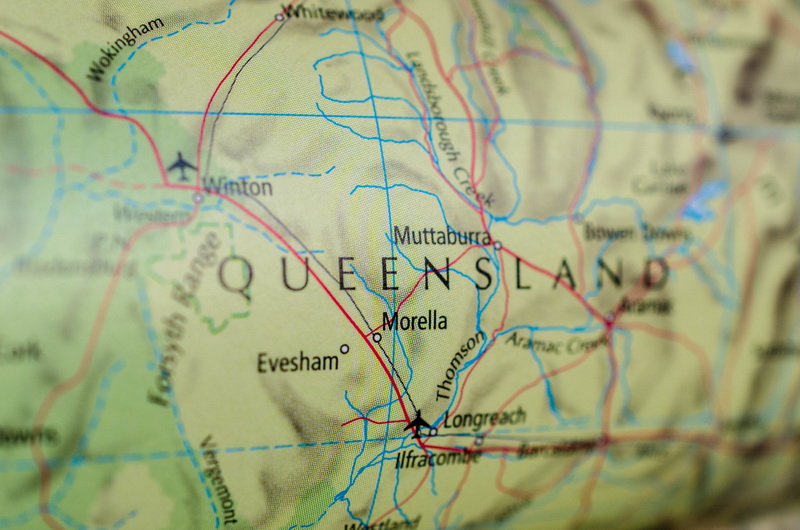The Victorian TAFE Association commissioned KPMG a while ago to look at the value TAFE brings to that state.
Now let’s have a look at what the answers KPMG has found for TAFE in Queensland.
In the last exciting episode!
KPMG’s report on Victorian TAFE, which was featured in VDC News in July last year, “concluded that in 2016 -17, these institutions contributed $2.9 billion to Victoria’s Gross State Product and “every $1 spent by Victorian TAFEs and dual sector universities supports $2.19 of value-added in the Victorian economy.”
This year, TAFE Queensland asked KPMG to analyse its contribution to Queensland’s prosperity. Here’s what their report found.
How’s TAFE Queensland doing?
TAFE Queensland is the largest VET provider in Queensland, with a 136-year history. Like other TAFEs, it is both commercially focused and community minded. It offers over 530 qualifications to nearly 121,000 students at 50 locations. The qualifications offered are across much of the spectrum of the AQF.
KPMG’s report found that:
“TAFE Queensland makes a vital contribution to the Queensland economy through productivity benefits, employment opportunities, and the provision of a higher skilled labour force.”
It does this by helping to build, upskill and reskill Queensland and Queenslanders.
The economic benefits
Like Victoria, the benefits KPMG reported were significant, with TAFE Queensland contributing $1.8 billion to the Gross State Product (GSP). In their case:
“Every $1.00 spent by TAFE Queensland, combined with the attraction of international students and the upskilling of the workforce, supported $2.55 of value-added in the Queensland economy.”
International students contribute over $125 million to the state’s GSP. Student and employer satisfaction levels are also high, at 88 and 94 percent respectively.
Size matters in Queensland. It’s a big state, so TAFE Queensland has to, and does, play a critical role in the state’s regional and remote areas by “working alongside local governments and businesses to create and grow industries.” “Across the state, TAFE Queensland develops new offerings to respond to local needs and skills shortages.”
The social contribution
TAFE’s partnerships are with industry, government and the community are important. So too is the inclusive training it offers by providing equitable access to training, and “enrolling students from diverse education and socio-economic backgrounds.” This, KPMG suggests:
“provides critical and unique benefits to improve the economic prospects for some of Australia’s most disadvantaged persons, through providing training that leads to employment or a pathway to further education.”
This is the third of these studies KPMG has completed. We have highlighted the Victorian work for the Victorian TAFE Association, but they have also looked at the contribution Canberra Institute of Technology made in the ACT. Unfortunately, this report does not seem to be available publicly.
Hopefully, it is also only a matter of time before we find out about the contribution of private providers to jurisdictions and nationally. VDC News has already taken a look at community education in South Australia in the past.








